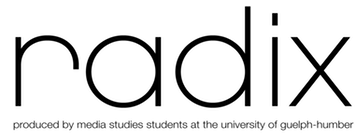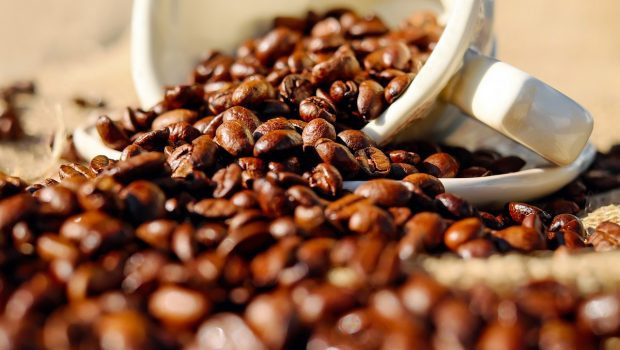Drinking coffee can be an expensive habit, research shows
Mario Letko had no idea he was spending almost $1000 per year on coffee.
“I’m sure it’s a lot but I never realized it could be that much,” Letko said.
Letko, who is a 20-year-old criminology student at the Georgian College, said he drinks three cups of coffee per day, and he does not leave the house in the morning without it.
“Sometimes I don’t even know if it does anything. It’s just part of my morning schedule. I just always have one with me when I’m driving to school or doing homework,” he said.
Letko is not alone.
According to a 2016 study by the Canadian Coffee Association, 58 per cent of people aged 18-24 said they drink coffee every day—a 20 per cent increase from the last time the CAC conducted the study in 2008.
College students said some of the reasons they buy coffee is because it is convenient to have on the go, and it helps them stay focused during the school semester.
“Starting the day with coffee makes me feel more productive and alert,” Rachael Simec, a psychology student at the University of Guelph-Humber, said.
“Psychologically it’s a good placebo and makes me feel like I’m having a productive day.”
A 2011 study by the University of East London suggests just that.

The university conducted a focus group study where students were given caffeinated coffee but were told it was decaf, while others were given decaf coffee but were told it was caffeinated. The results showed no differences in focus, reaction times and mood, according to the study.
The coffee industry in Canada is a $6.2 billion industry, with prices for single cups ranging from $1.59 at Tim Horton’s to more than $7 at specialty coffee houses such as Starbucks and Second Cup.
Ahmed Bashir, a finance professor at the University of Guelph-Humber, said students buy a lot of coffee because it is not as portable as other food items.
“Certain food items you can bring from home. You can only bring one coffee if you bring it in a thermos. If you want another one you will have to buy it,” he said.
And drinking coffee can be an expensive habit.
According to the CAC’s 2016 study, 67 per cent of the people who said they drink coffee every day drink more than two.
To put these stats into perspective, a large coffee at Tim Horton’s costs $2. If someone bought three large cups from Tim Horton’s per day, they would spend over $1,500 on coffee per year.
And that increases significantly for those who prefer specialty coffee, with all the fancy syrups and add-ons.
Anna LoGuidice, a business student at Western University, recorded the money she spent at Starbucks over the course of a month. She typed in her spending on her smartphone and at the end of the month she had spent over $70 on coffee.
But the results didn’t stop her from buying coffee because she genuinely enjoys the taste of it, she said.
“Despite the terrible results, I still buy coffee pretty much every day,” she said.
“At times I try to cut down and buy cheaper coffee options, but I will probably always buy coffee.”
Tips for saving money on coffee

Some simple tips for saving money on coffee: buy a single-cup brewer, make it at home and bring a travel mug when out of the house, Bashir said.
A standard Keurig home-brewer costs $78 at Walmart and a 30-pack of the cheapest Keurig pods cost about $15. People can also buy beans to use on traditional coffee machines at any local grocery store.
For those who do not like the home-brewed taste, they can also save money by keeping their order simple.
“I try to reserve buying coffee for special occasions or weekends, and buy just a regular brewed coffee instead of something with special milks or syrups,” Simec said.
Is coffee bad for you?
Gina Livy, a personal nutritionist in the Greater Toronto Area, said she starts every morning with two venti (large) coffees from Starbucks.
“I love every sip of it,” she said.
As for coffee’s health effects, Livy said people should always have food with their coffee.
And that’s because coffee— especially black coffee, increases insulin levels, which could lead to weight gain if there is no fat or protein in the body for the insulin to grab onto.

“Try not to drink coffee in the morning without eating. You actually need fat and protein in you so there’s something for the insulin to grab onto when it breaks down in your body,” she said.
Livy said she thinks people buy a lot of coffee simply because they enjoy how the buzz they get (or think they get) from coffee.
“When you love your coffee, and you’re in that moment you’re going to spend that money to get that instant gratification,” Livy said.
“I think it’s all about where your motivation is. If you’re willing to cut out coffee so you can save to go on a vacation, then do it.
Letko said he will try to cut down on his coffee spending, but he also said it won’t be easy.
“It’s part of my schedule, he said. I’m going to try brew more coffee at home, though… and maybe drink water at school instead.”



